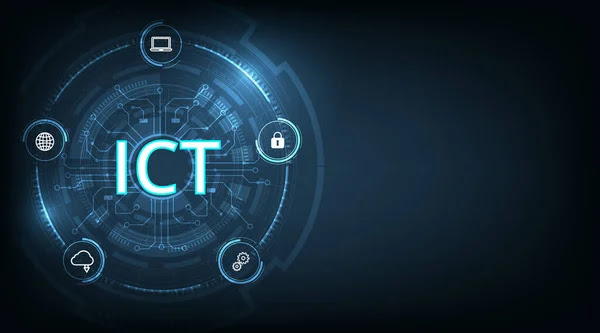Artificial Intelligence (AI) has undeniably reshaped various sectors of society, including business, entertainment, and healthcare. Yet, its impact on education raises significant concerns and challenges. In this examination of the intersection between AI and education, we delve into both the positive and, notably, the negative effects.
If a deeper exploration of the symbiosis between education and AI intrigues you, our EDU Blogs offer a rich array of articles providing profound insights into the nexus of education and technology.
Challenges and Risks of AI Integration in Education
While AI holds promise for revolutionizing education through personalized learning and intelligent tutoring, its integration into the education system brings forth challenges and risks that demand careful consideration.
Ethical Issues:
Privacy: Safeguarding students' personal data from improper AI collection is crucial for preserving confidentiality and digital rights.
Fairness and Accountability: Preventing biases or discrimination in AI systems is vital for maintaining an equitable learning environment, along with holding AI accountable for its decisions.
Transparency: Understanding the operations of AI is essential to build trust and confidence in AI-driven educational processes.
Pedagogical Issues:
Preserving Educator Autonomy: Preventing AI from overshadowing human educators is vital to maintain the unique contributions of teachers in the learning process.
Fostering Critical Thinking and Creativity: Ensuring that AI adoption does not hinder the development of essential skills like critical thinking and creativity is crucial for preparing students for future challenges.
Impact Assessment: Evaluating the impact and outcomes of AI on learning and teaching is necessary to ensure effective implementation.
Social Issues:
Preserving Human Connection: Ensuring AI does not replace the essential human connection and interaction between students and educators is vital for a holistic learning experience.
Building Community: AI-based tools should aim to foster a sense of belonging and community among learners to create a supportive and collaborative learning environment.
Addressing Psychological Impacts: Being aware of the potential psychological and emotional impacts of AI on students and educators is crucial for their well-being.
Negative Effects of AI in Education
Contrary to its promises, AI may inadvertently reduce opportunities for meaningful interaction and socialization between students and educators. These interactions, fundamental for developing skills such as emotional intelligence, empathy, communication, and collaboration, cannot be fully substituted by AI.
Moreover, AI's potential impact on employment and income within the education sector is a cause for concern. Tasks traditionally performed by educators, such as grading and tutoring, may be taken over by AI, potentially threatening job security and income for human educators.
Another significant drawback lies in the potential creation of a digital divide in education quality. Schools with the financial means to adopt AI may benefit, while those unable to afford such technology may face disparities in educational outcomes.
Furthermore, AI introduces the risk of bias and discrimination. Relying on data to learn and make decisions, AI may inadvertently perpetuate existing biases or stereotypes present in the data, potentially affecting course recommendations or career suggestions based on demographic characteristics rather than individual abilities or interests.
In conclusion, as we navigate the integration of AI into education, it becomes imperative to confront the ethical, pedagogical, and social challenges it presents. Awareness, proactive measures, and a commitment to addressing these issues are essential to harness the benefits of AI while mitigating its negative impacts.


